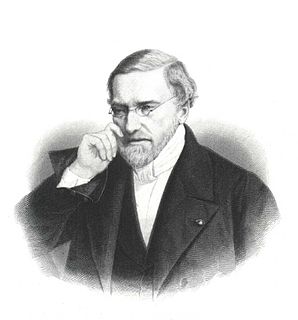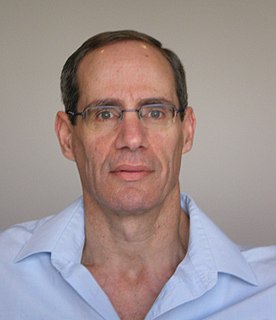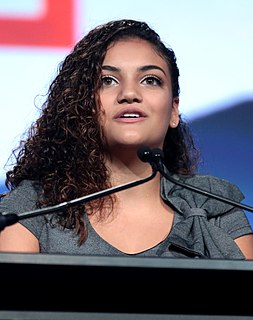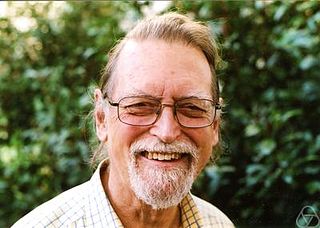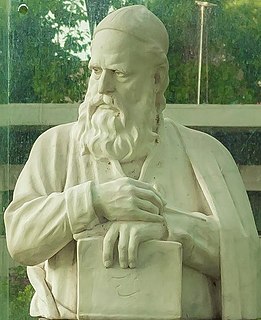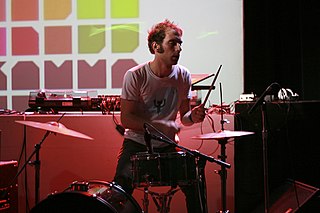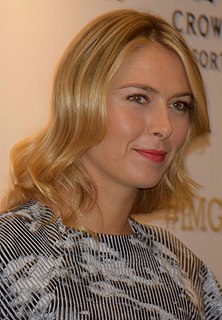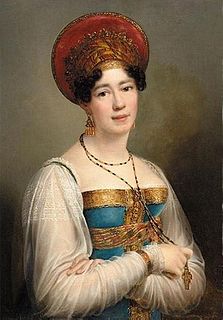A Quote by Vladimir Arnold
Cryptography has generated number theory, algebraic geometry over finite fields, algebra, combinatorics and computers.
Related Quotes
In fact, Gentlemen, no geometry without arithmetic, no mechanics without geometry... you cannot count upon success, if your mind is not sufficiently exercised on the forms and demonstrations of geometry, on the theories and calculations of arithmetic ... In a word, the theory of proportions is for industrial teaching, what algebra is for the most elevated mathematical teaching.
Every field has its taboos. In algebraic geometry the taboos are (1) writing a draft that can be followed by anyone but two or three of one's closest friends, (2) claiming that a result has applications, (3) mentioning the word 'combinatorial,' and (4) claiming that algebraic geometry existed before Grothendieck (only some handwaving references to 'the Italians' are allowed provided they are not supported by specific references).
Combinatorics is an honest subject. No adèles, no sigma-algebras. You count balls in a box, and you either have the right number or you haven't. You get the feeling that the result you have discovered is forever, because it's concrete. Other branches of mathematics are not so clear-cut. Functional analysis of infinite-dimensional spaces is never fully convincing; you don't get a feeling of having done an honest day's work. Don't get the wrong idea - combinatorics is not just putting balls into boxes. Counting finite sets can be a highbrow undertaking, with sophisticated techniques.
Renormalization is just a stop-gap procedure. There must be some fundamental change in our ideas, probably a change just as fundamental as the passage from Bohr's orbit theory to quantum mechanics. When you get a number turning out to be infinite which ought to be finite, you should admit that there is something wrong with your equations, and not hope that you can get a good theory just by doctoring up that number.

